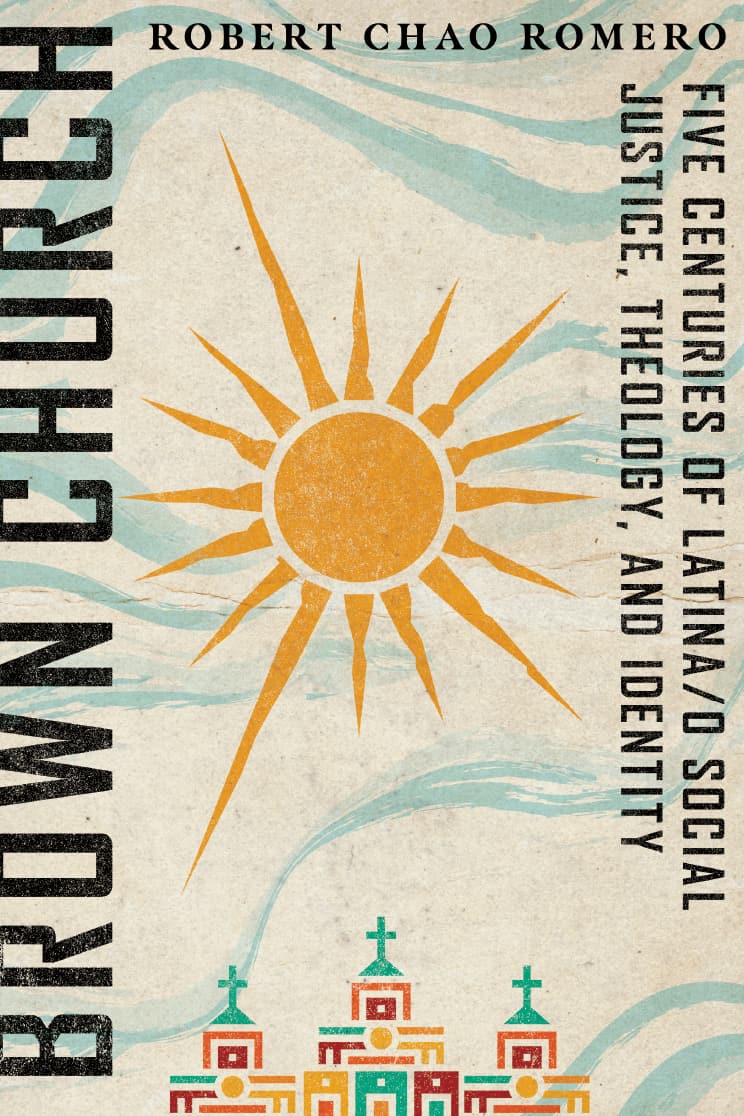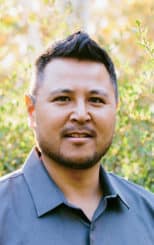
I’m Spanish.
My family is from Spain.
We’re from Peru, but my husband is Italian.
I’m a norteño; I’m not an Indian from southern Mexico.
She has “bad hair.”
Marry someone lighter than you, pa’ que mejorar la raza.
Look at those “Chichimecas,” those little Indians.
As Latinas/os growing up in the United States, we hear these types of racial, and racist, remarks on a regular basis. We hear them from our parents, family members, church friends, and even random people we meet in the streets. Such insensitive comments reflect a five-hundred-year history of racism and colonialism in Latin America that is deeply imbedded within the psyche and social institutions of Latinas/os in the United States.
When a Latina/o says in casual conversation, “I’m Spanish,” it is not a neutral assertion of ethnic identity in the way that someone in Chicago might say, “My grandparents came from Sweden in the 1980s.” No, when a Latina/o person says, “I’m Spanish,” it is a claim of racial superiority and privileged socioeconomic status. Implicitly, they are saying, “I identify with the Spanish conquerors and the colonial society they created. I have a privileged status in this racial system because I descend from them and am not indigenous or black.” Many Latinas/os make this claim even though no one from their family has stepped foot in Spain since the 1600s. Others do so even though it is unmistakable that they also possess indigenous or African ancestry. Such statements reinforce a racial caste system that has poisoned Latin American culture and society for five hundred years. To this day, the indigenous and African descent populations of Latin America are the poorest and most politically disenfranchised, while those of (mostly) Spanish ancestry remain in control of the economy and institutional power in its various forms. This racial legacy has led to an obsession with whiteness in virtually all aspects of Latina/o and Latin American society, including family, film, television, schools, business, politics, government, and churches.
Brown Christians reject the racist legacy of Latin America in all of its manifestations. As followers of Jesus, we condemn all racist attitudes and all forms of racial inequality that are found in the Latina/o community. One can be a faithful follower of Jesus, or a racist, but not both. As a fundamental aspect of El Plan Espiritual de Galilee, we seek the promotion of racial justice and the reconciliation of all peoples, of all cultural backgrounds, within the one Beloved Community of God. As Latinas/os, we take pride in our history of mestizaje (mixture between indigenous and Spanish), mulatez (mixture between African and Spanish), and various other forms of cultural blending, which include Chinese, Korean, Japanese, Indian, Taiwanese, Filipino, Lebanese, Arab, Syrian, Italian, German, Russian, Jewish, Armenian, and other cultural communities of the world. We honor our distinct multicultural mixture as a treasure from God (Rev 21:26) and a proud source of our identity as children of God. We celebrate the different shades of our skin, our diverse body types, the curls and kinks and highlights of our hair, and the round, brown, green, and almond eyes that are all found in our tribe. Estamos muy orgullosos de ser hijas e hijos de Díos. Somos Latinas/os.
One can be a faithful follower of Jesus, or a racist, but not both.
As Brown Christians, we understand that the Spanish Conquest set in motion the fundamental racial inequalities that persist to the present day in Latin America and among US Latinas/os. We mourn the fact that as much as 95 percent of the indigenous population of Mexico died within the first one hundred years of the Spanish conquest and that millions more lost their lives as part of the various European conquests and colonization efforts in North and South America. We lament the sistema de castas which officially governed Latin American colonial society for more than three hundred years, and which seared a racist imprint upon the Latina/o psyche that persists to the present moment. We deeply grieve the fact that the message of Jesus was twisted to justify murder, enslavement, and colonization, and that the Bible was perversely manipulated to construct colonial theologies of conquest and dehumanization.
As Brown Christians, however, we find solace in knowing that the Brown Church has challenged racism and colonialism in Latin America from the very beginning. We celebrate the multicultural indigenous, African, Spanish, mestizo, black, and Asian backgrounds of the Brown Church, and in their lives and theology we find inspiration to fight the racial battles of the Brown Church today.
 Robert Chao Romero (PhD, University of California at Los Angeles; JD, University of California at Berkeley) is associate professor in the Departments of Chicana/o Studies and Asian American Studies at the University of California at Los Angeles. He is the author of the award-winning The Chinese in Mexico, 1882-1940, Jesus for Revolutionaries: An Introduction to Race, Social Justice, and Christianity, and Mixed Race Student Politics.
Robert Chao Romero (PhD, University of California at Los Angeles; JD, University of California at Berkeley) is associate professor in the Departments of Chicana/o Studies and Asian American Studies at the University of California at Los Angeles. He is the author of the award-winning The Chinese in Mexico, 1882-1940, Jesus for Revolutionaries: An Introduction to Race, Social Justice, and Christianity, and Mixed Race Student Politics.
This excerpt is taken from Brown Church by Robert Chao Romero. Copyright © 2020 by Robert Chao Romero. Published by InterVarsity Press, Downers Grove, IL.


